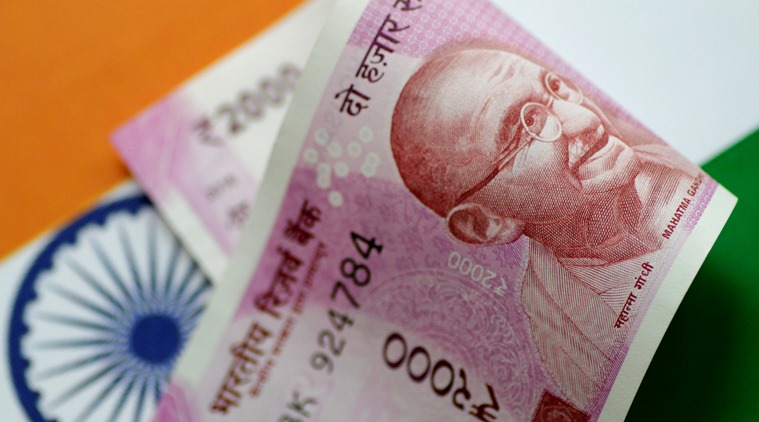Expanding the coverage of the Black Money (Undisclosed Foreign Income and Assets) and Imposition of Tax Act, 2015, the government through the Union Budget 2019-20, has retrospectively included non-resident Indians under the Act.
The change in definition of the assessee is expected to provide power to tax authorities to take action against those who were residents at the time of acquisition of the undisclosed asset and then turned into non-residents.

READ | Union Budget 2019 Highlights: From startups to Space programme
The move is expected to aid the government in recovering undisclosed assets stashed away abroad in cases where high-profile tax evaders have left the country.
Story continues below this ad
The black money law, apart from providing more stringent provisions for penalty and prosecution, also includes the offence of willful attempt to evade tax etc. in relation to undisclosed foreign income/assets as a scheduled offence under the Prevention of Money-laundering Act, 2002 (PMLA).
Tax experts said the amendment in the black money law to include non-residents may also have been necessitated after the amendments in PMLA Act last year brought in corporate frauds under its ambit.
Also Read: Here’s how India Inc reacted to Budget 2019
“The amendments to PMLA, 2002, are aimed at enhancing the effectiveness of the Act, widen its scope and take care of certain legal structuring adopted by resident individuals to avoid application of the PMLA Act. Earlier in Budget 2018-2019, the government had amended the PMLA Act to cover corporate frauds under Section 447 of Companies Act within its ambit. However, the perpetrators of fraud were able to avoid application of PMLA by changing their residency status. The amendment proposed today is primarily to plug the loophole which somehow was not addressed in the earlier Budget,” Amit Agarwal, partner, Nangia Advisors, said.
Story continues below this ad
Tax experts, however, said that prosecution with retrospective effect might get questioned in courts, though the retrospective nature as well as the tax, penalty and impounding of assets may still hold.
“The legal view of the amendment could be questioned since criminal prosecution cannot be done retrospectively,” Amit Maheshwari, partner, Ashok Maheshwary & Associates, said.
In another retrospective amendment in the Budget, the government said it will provide another opportunity to declarants under the already closed Income Declaration Scheme, 2016 to deposit tax, surcharge and penalty which has not been paid within the due date. Also, the government may notify the class of persons to whom the amount of tax, surcharge and penalty, paid in excess of the amount payable under the scheme shall be refundable.
The IDS, which came into effect from June 1, 2016 and was open till September 30, 2016, provided an opportunity to persons who had not paid full taxes in the past to declare their domestic undisclosed income and assets.
Story continues below this ad
The government has also widened the scope of furnishing of Statement of Financial Transactions (SFTs) by removing the current threshold of Rs 50,000, implying reporting of smaller transactions as well. Budget documents said this has been done to ensure pre-filling of information in the income-tax returns relating to small amount of transactions as well. Section 285BA of the Income-tax Act, 1961 requires furnishing of a SFT for transactions prescribed under Rule 114E of the Income-tax Rules, 1962. Under the section, specified financial institutions are required to be report transactions such as cash deposits, buyback of shares, credit card payments, purchase or sale of immovable property to the tax authorities.

 The black money law, apart from providing more stringent provisions for penalty and prosecution, also includes the offence of willful attempt to evade tax etc. in relation to undisclosed foreign income/assets as a scheduled offence under the Prevention of Money-laundering Act, 2002 (PMLA).
The black money law, apart from providing more stringent provisions for penalty and prosecution, also includes the offence of willful attempt to evade tax etc. in relation to undisclosed foreign income/assets as a scheduled offence under the Prevention of Money-laundering Act, 2002 (PMLA).





























